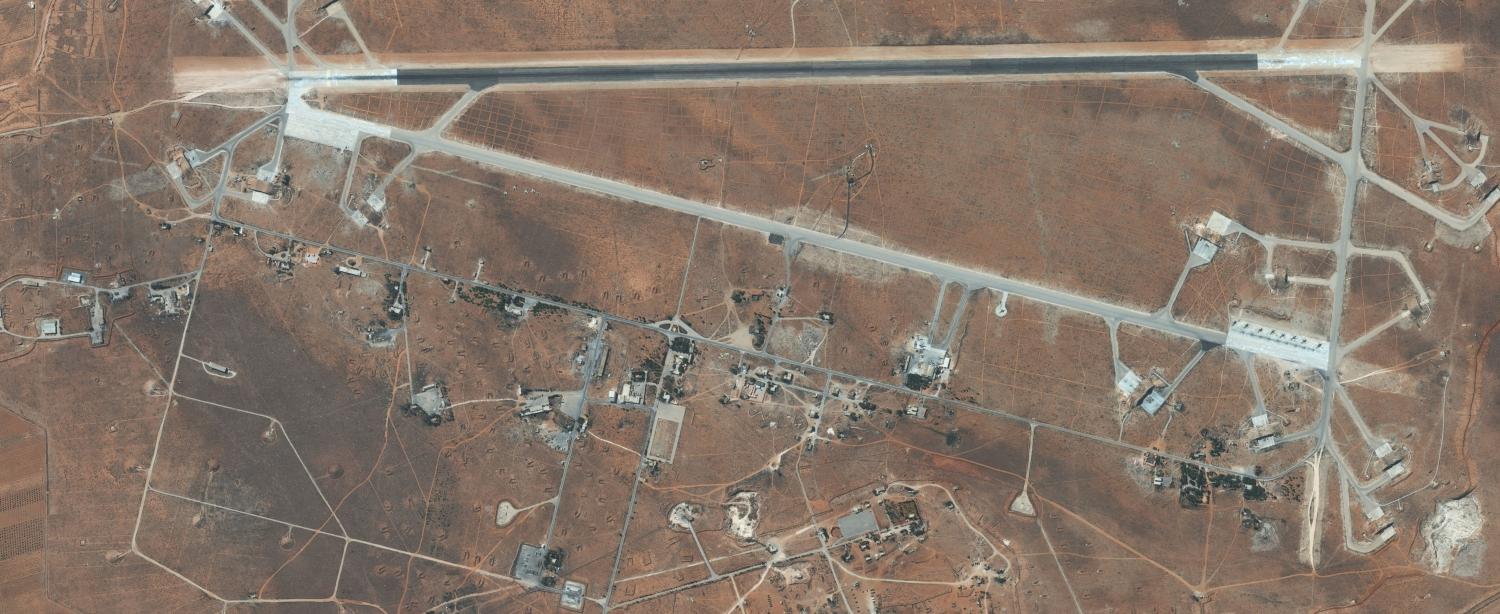In a complex and confusing civil war in which decisions can result in unforeseen consequences, the Trump Administration was presented with a relatively straightforward choice and with a perfect target. Syrian military aircraft, launched from Shayrat airbase in Homs, carried out an attack that included the use of chemical weapons. That same airbase was subsequently targeted by scores of cruise missiles fired from US naval vessels in the Mediterranean.
The use of missiles avoided the need for aircraft to enter Syrian airspace and the consequent need to suppress enemy air defences in advance. An airbase is a large, flat area where assets are widely dispersed – infrastructure and aircraft can be selectively targeted and assets that need to be avoided (such as Iranian and Russian troops and advisers) can be avoided.
This US response has been swift, targeted and, perhaps most importantly, proportionate. One of the constraints in undertaking military action against the Syrian government has been the need to do so without tipping the military balance in favour of opposition forces, whose disunity and increasingly overt Islamist influence long ago wore out Washington's patience with many of them.
We should be careful not to conflate the missile attack with any dramatic shift in US policy on Syria. There is still no rapid political resolution to the situation and therefore the primary intermediate aim is to contain the impact of the civil war. The Assad regime has had scant regard for the need to minimise civilian casualties, while at the same time the opposition deploys in and among the civilian population and within protected sites, also in breach of international humanitarian law. Neither side is blameless. But the use of chemical weapons sits well outside what has become 'acceptable', so something had to be done. Obama elected not to retaliate when chemical weapons were first used in 2013. In exchange, he got from Assad the removal of all chemical weapons. But Syria didn't live up to its side of the agreement, so Trump had little choice but to act.
Trump has set the boundaries on chemical weapons use back to where they have traditionally been, and put Russia and Iran on notice that Washington's patience has run out. But it's not likely this action will presage any fundamental change in Syria policy. Secretary of State Tillerson included the departure of Assad as one of the Administration's aims, but only as the result of an international effort and as a third priority (after the defeat of ISIS). And while Washington is obviously certain as to the 'how' of the chemical weapons attack, the more interesting question is the 'who' and 'why'. Who ordered the attack and what were they trying to achieve? That's a question to which not only Washington, but Moscow and Tehran, will be interested to find an answer.

